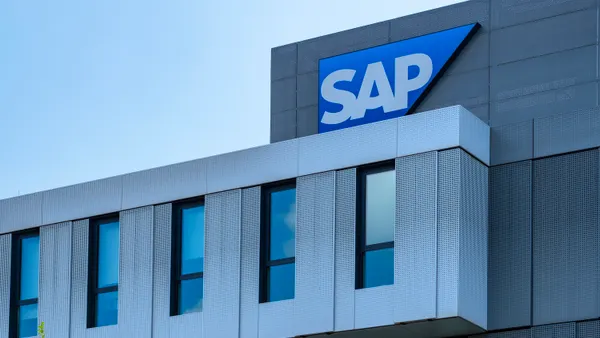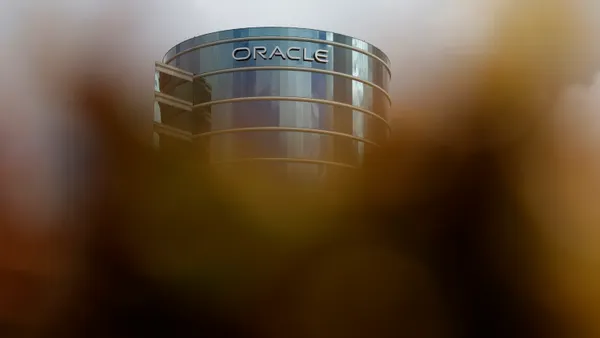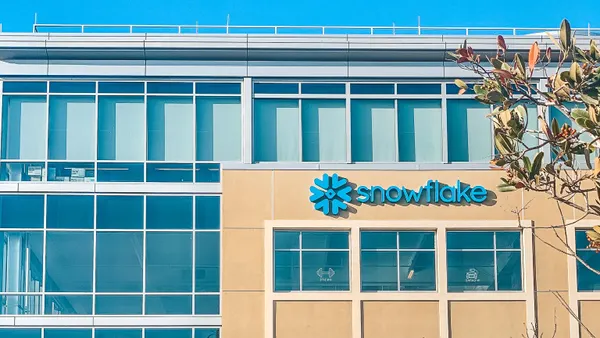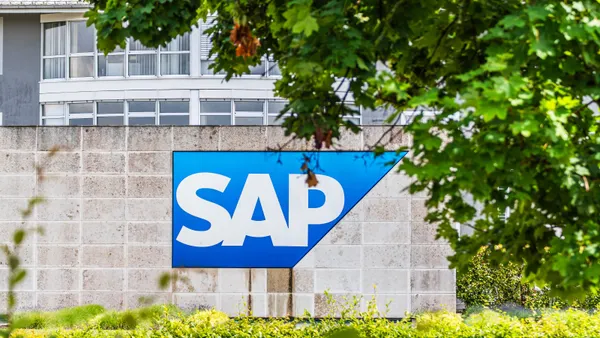Update: This article has been updated to correct the amount Microsoft paid for LinkedIn.
Dive Brief:
- Microsoft extended its lead in the enterprise Software as a Service (SaaS) market during Q2, according to data released Thursday from Synergy Research Group. Salesforce is in second place, followed by Adobe, Oracle and SAP. The fastest growing SaaS providers were Oracle, Microsoft and Google, while collaboration was the fastest growing segment.
- Overall, the worldwide enterprise SaaS market grew 31% in the second quarter to reach nearly $15 billion in revenue. Synergy predicts the SaaS market will continue strong growth, doubling in revenue by 2020.
- Microsoft has worked to create a suite of SaaS and Hardware as a Service product lines designed specifically for the needs of the enterprise. In addition to encroaching on AWS' cloud lead, Microsoft unveiled Microsoft 365 in July, ensuring its one-stop-shop approach for the enterprise. with more than 100 million Office 365 users, Microsoft remains mostly unmatched by competitors, according to Seeking Alpha.
Dive Insight:
When Microsoft made a $26 billion bid to purchase LinkedIn in June 2016, Salesforce was quick to try to stop the deal. Salesforce, which also bid on LinkedIn but lost the deal to Microsoft, asked the European Union to look into potential antitrust issue, complaining that the proposed merger does not allow for business competition to regulators globally.
It is apparent why Salesforce was so adamant. Microsoft bypassed long-time SaaS leader Salesforce a year ago, and since then Microsoft’s lead has grown. However, Synergy’s research shows that the SaaS market remains very fragmented overall.
SaaS and other "as a Service" models are growing quickly because they offer companies a range of benefits. SaaS has been shown to help companies smooth out revenues, which can lead to better and more sustainable investment decisions and ultimately allow a company to deliver better service and products to clients.
A May survey from BetterCloud found companies use 16 SaaS apps on average today, up 33% from 2016, and over 70% of organizations surveyed said nearly all of their apps will be SaaS by 2020.













